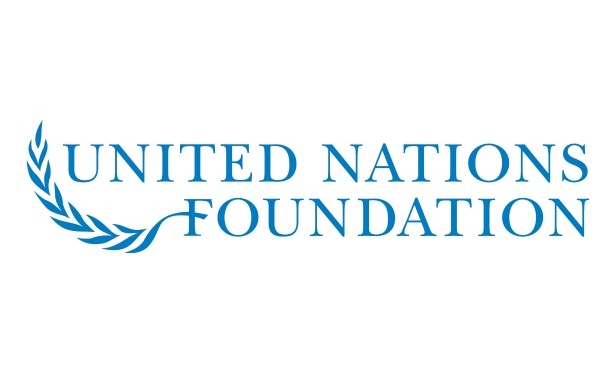
Timothy Wirth, United Nations Foundation
Click here to view the video clip and photos of this event. QuickTime is required to watch the video.
The Annenberg West lobby was packed to the rafters to hear Timothy Wirth, former U.S. Senator from Colorado and Undersecretary of State in the Clinton administration give an address on the future of public diplomacy. Mr Wirth, who now serves as president of the United Nations Foundation and Better World Fund presented an address on Public Diplomacy, argued for the return of dialogue to international diplomacy, rather than a "Madison Avenue" private sector sales pitch approach to selling America around the world. US Diplomats should appear on Al-Jazeera, not try to close it down; and the hiring and promotion culture of the State Department and the UN need to change so they can make the most of the valuable tools of public diplomacy.
The State Department has very few people in embassies around the world compared with the Defense Department, and this is immensely problematic for a country desperately in need of leveraging soft power. There is also a dearth of middle east specialists in the State Department, and a machismo culture where public diplomacy - along with science, human rights, refugees and the environment - is not a man's job, and is not seen as a senior promotion. Therefore all the ambitious and influential people aim for jobs in "man's jobs" of economics and political positions, leaving important communication issues in public diplomacy in the hands of fewer, less-motivated people.
Furthermore this perception is also prevalent within the United Nations, where the department responsible for public diplomacy and public affairs is seen as a less-than-perfect posting, and so - with a few exceptions - is overstaffed by officials who are not as influential or efficient as those in the popular departments. Thus organisationally, public affairs and communication issues are not in the hands of those most able to make a difference, and those charged with the area are often not in an influential position enough to be able to persuade important officials of the importance of public diplomacy initiatives. The culture, the pay structure and departmental incentives in both the State Department and the UN require some serious renewal for these organisations to be effective in public diplomacy. Thus, public diplomacy requires more diplomats with an understanding of the cultural effects of Baywatch and other cultural exports.
Mr Wirth also argued that it also requires an open approach to global media. Our diplomats should not be chisling down Al-Jazeera, but instead be appearing ON it. Rather than combating propaganda by setting up new propaganda, such as Al-hurra and other American-run radio stations, the US should open up their media discourse to criticical stances and not be hostile to dissenting media organisations such as Al-Jazeera. Taking the higher ground - and not seeming like just another set of rulers intent on closing off discussion - is a much more sustainable long-term policy. The US needs to reframe their efforts so as to be seen abroad as not just another power, but as a country which liberates discussion and values its free media, a country which practises what it preaches.
Finally, he argued that the US should keep its doors open to the world to encourage future foreign leaders see the best of America: let them enter and learn about us up close so we can engage them in dialogue. Rather than keep at arms' length, bring them into ongoing friendly dialogue and move forward together with them in the future.
More than 70 faculty, staff and students of the USC School of International Relations, Annenberg School for Communication, and other university departments listened to the talk and joined in the discussion that followed.
Visit CPD's Online Library
Explore CPD's vast online database featuring the latest books, articles, speeches and information on international organizations dedicated to public diplomacy.







